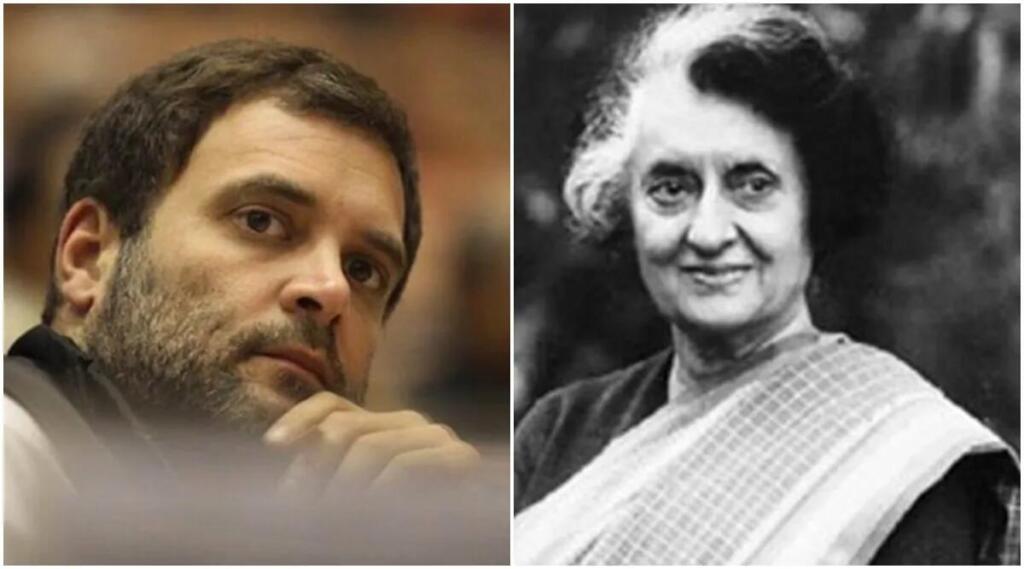The Congress party’s journey over the past 49 years reveals both change and continuity in Indian politics. This article explores the party’s transformation since the Emergency era, focusing on leadership, ideology, and its impact on national affairs.
The Emergency Era and Indira Gandhi’s Congress
During the Emergency, Indira Gandhi’s leadership marked a significant shift in Congress politics. Despite her Nehruvian lineage, she proved to be a shrewd politician, often employing different tactics. Her actions during this period included:
1. Targeting political opponents: The Congress under Indira Gandhi suppressed dissent, imprisoning opposition leaders and censoring the press.
2. Steering India closer to the Soviet Union: This shift in foreign policy had long-lasting effects on India’s international relationships.
3. Implementing dynastic politics: Indira’s promotion of her son Sanjay Gandhi laid the groundwork for future family-centric leadership in the Congress.
Indira’s approach to governance had far-reaching consequences, including the rise of separatist movements in Punjab and Kashmir. The Congress’s handling of these crises would shape Indian politics for decades to come.
The Post-Emergency Congress: Rajiv Gandhi’s Era
After Indira Gandhi’s assassination, Rajiv Gandhi took the reins of the Congress party. His tenure saw:
1. Controversial decisions in Kashmir: Rajiv’s removal of Governor Jagmohan is often cited as a turning point in the Kashmir crisis.
2. Alleged Italian influence on Indian politics: The involvement of Italian nationals in Indian affairs raised eyebrows and sparked debates about foreign influence.
3. The emergence of a “kitchen cabinet”: This informal group of advisors wielded significant influence, often bypassing traditional power structures.
These developments set the stage for future challenges the party would face, particularly in terms of governance and public perception.
Congress Under Sonia and Rahul Gandhi
The current Congress leadership, under Sonia and Rahul Gandhi, has shown notable departures from earlier eras. Their approach to politics and governance has been marked by both continuity and change.
Redefining India’s National Identity
Rahul Gandhi’s statements about India being a “union of states” differ from the party’s earlier stance on national unity. This shift in perspective has sparked debates about the party’s vision for India. Critics argue that this view undermines the concept of a unified nation, while supporters claim it acknowledges India’s diversity.
Attitude Towards National Symbols and Heroes
The current Congress leadership has faced criticism for its approach to national icons and symbols. Instances include:
1. Rahul Gandhi’s comments on Veer Savarkar: His remarks have been seen as an attempt to reframe historical narratives.
2. Sonia Gandhi’s initial reluctance to participate in Vande Mataram centenary celebrations: This raised questions about the party’s commitment to national symbols.
These actions have led to heated political debates and discussions about the party’s stance on patriotism and national identity.
Relationship with Hindu Culture
The party’s stance on Hindu culture has evolved, with some perceiving an aversion to Hindu traditions. This has been evident in:
1. The party’s approach to religious events: Critics point to instances where Congress leaders have seemed uncomfortable participating in Hindu rituals.
2. Proposed legislation like the Communal Violence Bill: This controversial bill was seen by some as potentially discriminatory against Hindus.
The Congress’s relationship with Hindu culture remains a contentious issue, especially in the context of India’s changing political landscape.
Foreign Policy and Human Rights
The Congress-led UPA government’s response to international crises, such as the situation in Sri Lanka in 2009, has raised questions about the party’s commitment to human rights and foreign policy priorities. The party’s handling of these issues has been subject to scrutiny and debate.
The Congress Party’s Emergency Legacy
As we reflect on the 49 years since the Emergency, it’s crucial to consider the Congress party’s role in shaping Indian democracy. While the party has evolved, concerns persist about its potential impact on India’s democratic institutions. The Emergency remains a contentious period in Indian history, and the Congress’s association with it continues to influence political discourse.
Conclusion
The Congress party’s journey from the Emergency era to the present day reflects the complex nature of Indian politics. As the party continues to navigate its role in the opposition, its actions and ideologies remain subject to scrutiny. In an election year, the party’s history and current stance on various issues will undoubtedly influence voter perceptions and shape the political landscape.
ALSO READ: The Lok Sabha Speaker Election of 2024 is Different from those in the Past
